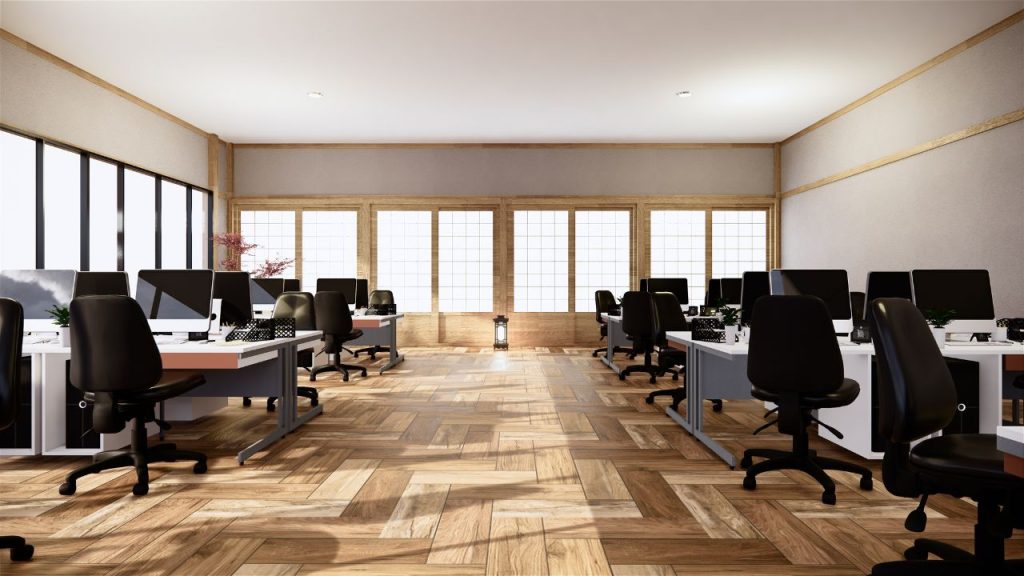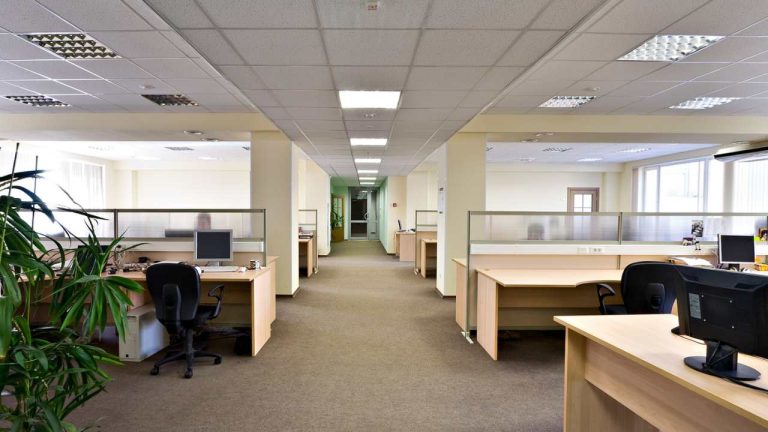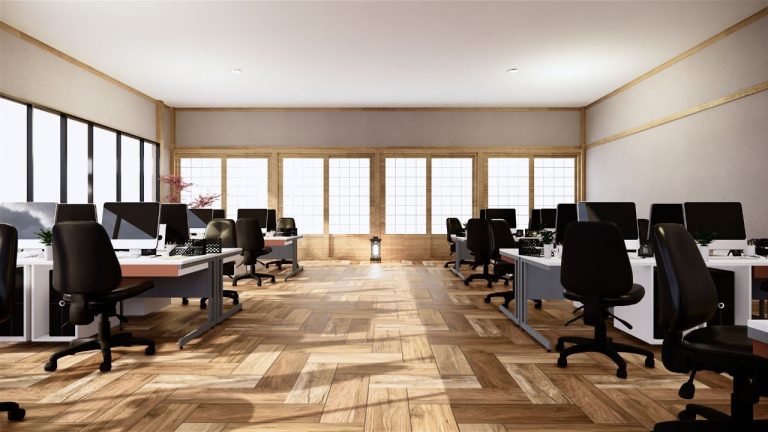5 Ways to Secure Quality Tenants for Your Commercial Property
Successful commercial landlords will tell you that one factor can make the difference between success and failure – quality tenants. A consistent, high-quality tenant ensures steady income and helps preserve the property’s value. Finding these tenants, however, can be challenging.
In this article, we look at five ways to make sure that the tenants you choose for your commercial property are the right fit. By following these tips you can ensure that you secure tenants who are not only financially stable but also a good long-term fit for the property.
1: Understand Your Ideal Tenant Profile
Commercial properties come in all shapes and sizes, as do potential tenants. The first thing you need to do is to define the type of tenant you want. This information allows you to target businesses that are more likely to remain long-term, be financially stable, and – importantly – maintain a positive relationship.
Here are some of the key considerations when defining the perfect tenant profile:
- Business type: Consider tenants whose businesses match your property’s features and neighborhood demographics.
- Financial stability: Look for companies with proven financial health, ensuring they can meet lease obligations.
- Growth potential: Tenants with growth potential are more likely to stay longer and expand their lease over time.
A healthy landlord/tenant relationship is an important aspect of a successful commercial real estate venture. Some due diligence at the “matchmaking” phase is an essential part of developing a sales plan for sustained success.

2: Improve Your Property’s Appeal
Finding the right tenant often involves focusing on simple, practical factors. Making your property as appealing as possible is one such factor, yet it’s surprisingly overlooked by many landlords. Poorly maintained properties—or even those just a little “rough around the edges”—are unlikely to attract high-quality tenants.
Simple upgrades can make a significant difference in the types of tenants you attract and the rates you can charge.
Here are some actionable ways to improve your property’s appeal:
- Curb appeal: Ensure the exterior of the property is clean, well-lit, and visually inviting.
- Interior updates: Consider modernizing interior finishes, lighting, and layout to accommodate different types of businesses. If the property includes furnished units or spaces, ensure they’re equipped with quality furnishings, like a sturdy and comfortable bed frame, to make a positive impression.
- Amenities: Offer practical amenities such as high-speed internet, ample parking, or shared common areas that attract modern businesses.
Investing in the looks and functionality of your building can significantly raise the appeal of your property and the quality of the tenants it’s likely to attract. Mastering the art of property listings starts with making sure the property is up to scratch.
3: Thorough Tenant Screening Process
One of the most effective ways to secure a reliable and long-term tenant is to use a tenant screening service. By thoroughly screening potential tenants you can avoid common issues by evaluating their background, business history, and financial stability.
Here are some key factors to consider during the tenant screening process:
- Credit history: Assess the financial reliability of potential tenants.
- Business background: Review the tenant’s business history, checking for any red flags.
- References: Contact previous landlords or property managers to verify the tenant’s track record.
Various services, including online options, can help vet potential tenants. Additionally, some advanced landlord software packages have built-in tenant screening modules.

4: Clear Lease Terms and Conditions
Grey areas or ill-defined terms and conditions can be a red flag to potential high-quality tenants. They can also sour the possibility of maintaining positive long-term relationships by being a source of misunderstandings. A lease should be transparent and clearly outline ental expectations, renewal options, and property rules.
Consider including the following in your lease terms:
- Rental terms: Clearly specify rent, due dates, and consequences for late payments.
- Lease length: Outline renewal options and any flexibility.
- Property usage: Define rules regarding alterations and shared spaces.
Clarity in lease agreements ensures smoother management and attracts professional tenants who respect these boundaries. Strong leases are especially important when the real estate market becomes turbulent. It’s impossible to predict the future when it comes to renting out your commercial property. However, having a strong lease provides you protection when times get tough and tenants need to break their leases early.
5: Build Relationships with Tenants
If there’s been one common theme throughout this article it’s the importance of strong relationships with tenants. Maintaining positive relationships with tenants is likely to encourage longer rental periods, better tenant cooperation, and prevent small concerns from escalating into larger problems.
- Regular check-ins: Schedule routine communications to ensure tenant satisfaction. Again, like with tenant screening, many advanced landlord software packages have features that enable regular communication.
- Be responsive: Address maintenance issues and tenant concerns promptly.
- Offer incentives: Provide lease renewal incentives or occasional flexibility on terms.
Finding reliable and respectful tenants makes the job of being a commercial landlord so much easier. Building strong relationships with them helps to ensure you keep them.

Ideal Tenants: The Key to Successful Commercial Property Rental
Renting out a commercial property can be a lucrative venture. However, without the ideal tenants, it can also be an exercise in frustration and lost earnings. Securing quality tenants requires a proactive approach—one that prioritizes clear communication, thorough screening, and a well-maintained property.
By taking the right steps upfront, landlords can create a positive and professional leasing environment that attracts reliable businesses. Ultimately, finding the right tenants isn’t just about filling vacancies; it’s about building long-term partnerships that benefit both the landlord and the tenant.







